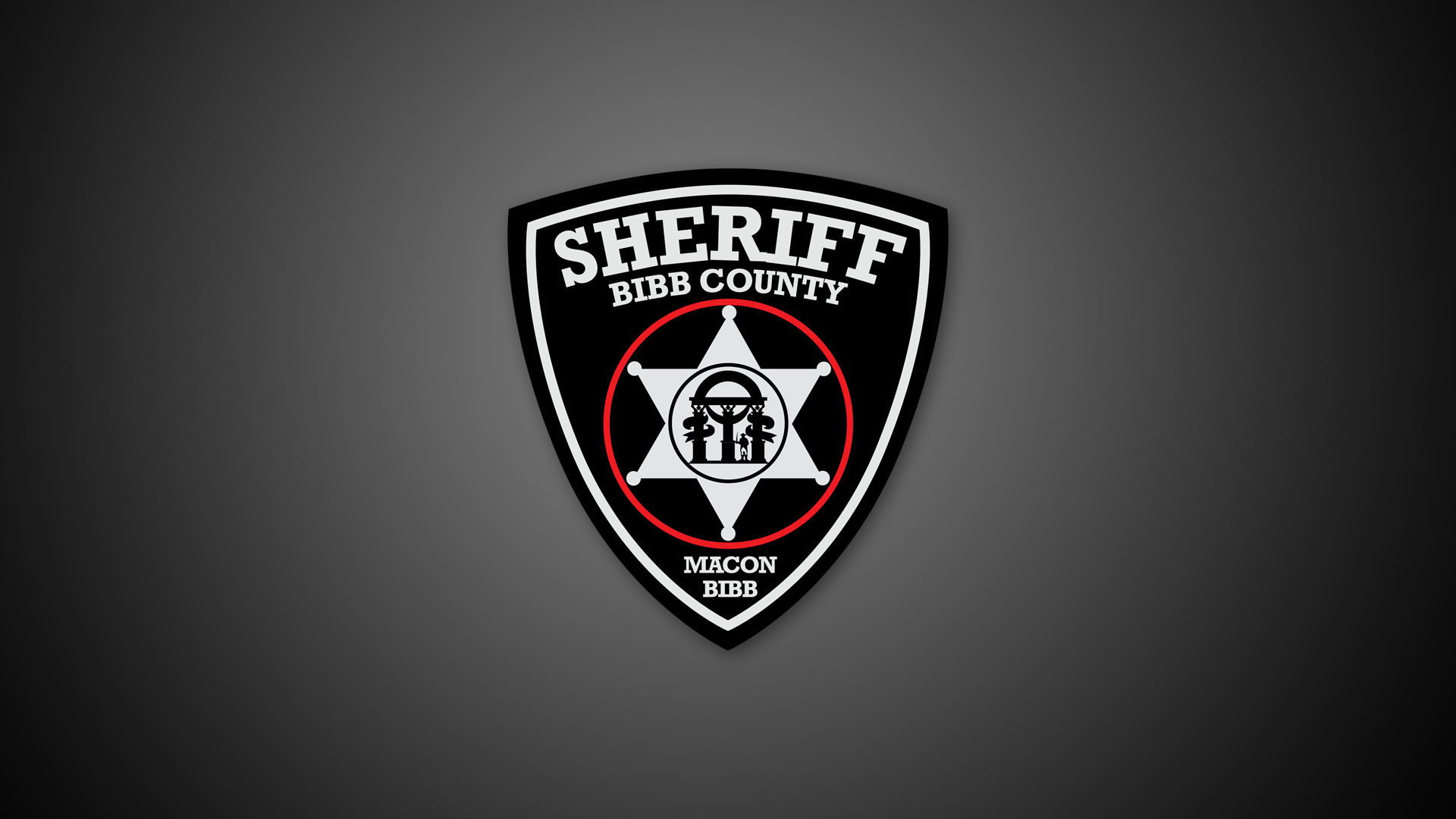Winter provides challenges and responsibilities for the public and the Bibb County Sheriff’s Office. Rain, sleet, snow and ice can make for an unpleasant driving experience. Motorists should be extremely cautious when driving in bad weather conditions. Ice covered roadways can be the most dangerous, especially when it turns out to be black ice, which is nearly invisible.
Typically black ice is most commonly found on roads winding around bodies of water such as lakes, rivers or on overpasses. Moisture in the air freezes when it comes in contact with the much colder roadway. Additionally, a sudden drop in temperature can cause an already wet roadway to quickly freeze.
Here are a few tips on how to drive on black ice:
- Drive slowly – The best way to avoid skidding out of control is to operate your vehicle at a slower speed. A slower speed will even give you more time to react to the effects of black ice
- Don’t slam the brakes – While it may be a natural instinct to slam on your brakes, this will only cause your car to lose control and slide even more. Tap the brake pedal lightly instead of pushing down hard on it.
- Maintain a safe following distance – In situations like this, you need to extend your following distance to ensure you will have ample time to react to the motorist ahead especially if they begin to lose control.
- Look for trouble spots ahead – If you have an idea that there may be black ice ahead (if you see cars ahead of you sliding, for example), downshift to a lower gear before you come onto the black ice. The lower gear will force you to drive more slowly and it will give you better control of your car.
- As soon as your car begins to slide on black ice, take your foot off the gas pedal – In fact, the last thing you want to do is give your vehicle more gas. It is very important to slow down when you are driving on black ice or in any other winter road conditions.
If you see any roadway hazards or persons in need of help please contact the Bibb County Sheriff’s Office at 478-751-7500, for Emergencies call 911.
